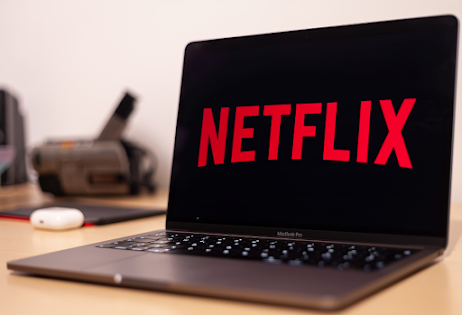Netflix Decides to Include on Advertising, but gets cold feet about Microsoft
What does this mean for Digital Marketers? SEE VIDEO AT BOTTOM OF PAGE
Also Read: Is the Metaverse Dead?
In
recent news, it has been reported that Netflix is exploring different directions
for its advertising business, even after announcing its ad-supported tier less
than six months ago. Specifically, the company is considering building or
purchasing its own advertising technology after its contract with ad tech
partner Microsoft expires in 2024.
It
is worth noting that Netflix was historically averse to advertising but decided
to spin up an ad-supported tier last year to appease investors upset about its
first-ever subscriber loss. While the fast turnaround was impressive, a rushed
launch led to some early bumps in the road. With a self-set deadline of less
than a year and Disney launching a similar tier, Netflix's lack of ad tech
experience and research meant that the company had to seek out a partner rather
than build out the technology itself, hence its partnership with Microsoft.
However,
Netflix significantly under-delivered on its first viewership guarantees to
advertisers and saw poor adoption of the ad-supported tier in its first
quarter. This slower-than-expected start seems to have triggered some long-term
doubts. Co-CEO Ted Sarandos highlighted growing pains with the ad-supported
tier during the company's January earnings call and said that there are
significant delivery and measurement improvements to be made. With its advertising
inexperience laid bare, the company is reportedly working with consultants to
receive advice on how delivery and measurement should be handled.
The
swing and miss with early advertisers looked especially concerning given that
Netflix was reportedly charging record-high CPMs. Initial reports put CPMs at
$65, but Netflix quickly denied that figure before the tier's launch. Working
from behind, Netflix and Microsoft's partnership was a perfect match, and
Netflix has made it clear that advertising is a pillar of the company's future.
However, if sudden events hadn't sent Netflix down the advertising path, it
would have been ideal for the company to develop its ad stack.
Though
it would have taken long and been costly, developing an ad-supported tier would
mean keeping money circulating in-house rather than negotiating a deal with an
outside technology company like Microsoft. Netflix's current decision to
question its advertising choices may not help the common criticism that the
company is too quick to make snap decisions, be it canceling popular shows or
abandoning initiatives shortly after launch.
Furthermore,
it threatens to damage the company's relationship with Microsoft, which may not
be eager to renew a deal with a nervous partner, leaving Netflix out in the
cold if it can't develop its ad tech in time. If Netflix really does want to
tough it out in the advertising world on its own, it has to act fast, either by
beginning development on ad tech immediately or by looking to acquire an ad
tech company it can build off of, as Microsoft did with Xandr. However, a big
acquisition may be unlikely in today's high-interest environment.
In
conclusion, Netflix's exploration of different directions for its advertising
business may have significant implications for the future of the company. If it
decides to develop its ad tech or acquire an ad tech company, it will need to
act quickly to maintain its position in the advertising world. However, any
decision it makes will need to be carefully considered to avoid further
criticism for making snap decisions or abandoning initiatives shortly after
launch.

